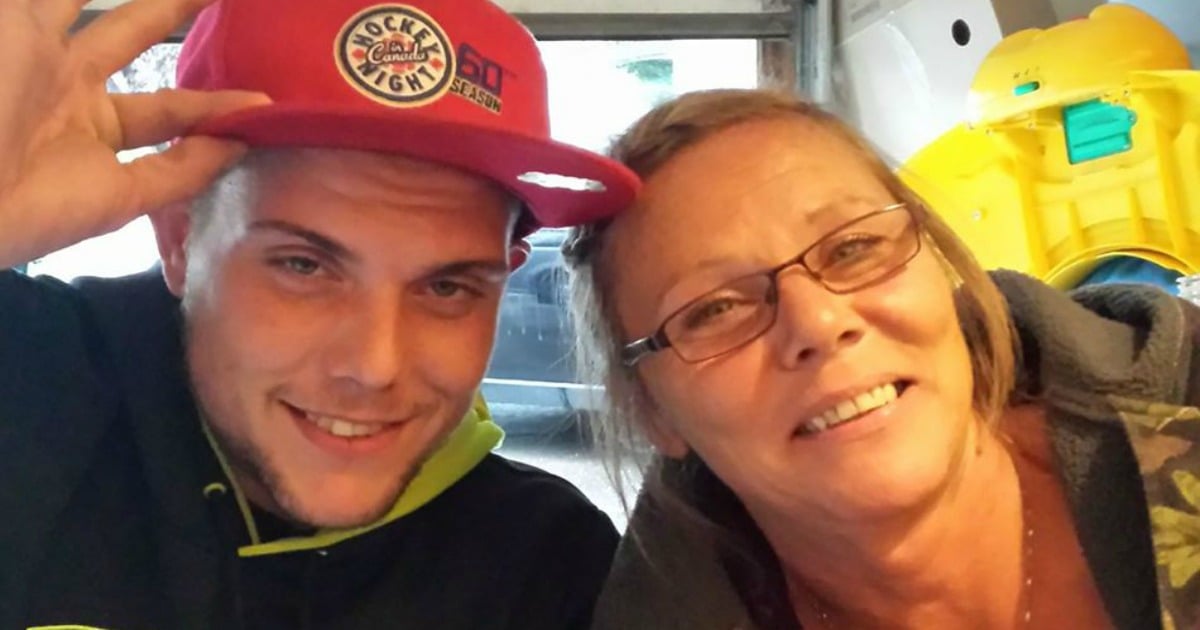Last month, Canadian mother Sherri Kent received a devastating phone call: her son Michael was in hospital on life support.
“You know, it doesn’t really click in that this is real and this is happening,” she tells CBC. “They tell you that your boy is never going to wake up.”
Michael was 22 years old. His mother describes him as a kind and trusting person.
“Michael had a compassion for everybody,” she says. “He’d give you the shirt off his back. He was that type of child.”

Michael is believed to have died from an overdose of the drug fentanyl, a powerful painkiller. “My son was not an addict,” Kent wrote on Facebook. “He made a mistake that cost him his life.”

Top Comments
Absolutely hideous, that poor woman must be devastated, but here's the thing. It's quite rare for a someone who is not a user of hard drugs to randomly meet someone and get chatting about getting hold of some hard drugs to use together in a restaurant toilet. Who can say if the term ''addict'' is correct in this case, but I'd say you'd be a good way down the path to dependence, particularly considering making a big thing about ''not having used for 4 months''. That's rehab speak and addict behaviour.
It changes nothing about the tragedy of the situation however.
This is a tragic story, such a huge price to pay for the mistake of taking an unknown drug. Thoughts are with the family.
I'm not sure what access is like in Canada but in Australia naloxone can be purchased from the pharmacist without a prescription, hopefully this ease of access can prevent further tragic outcomes.